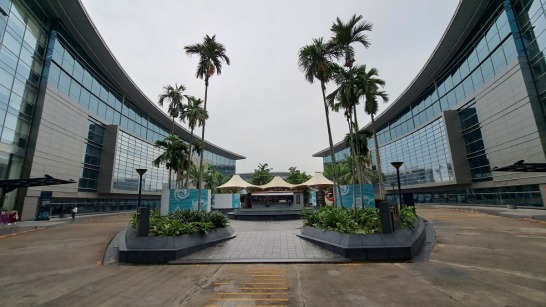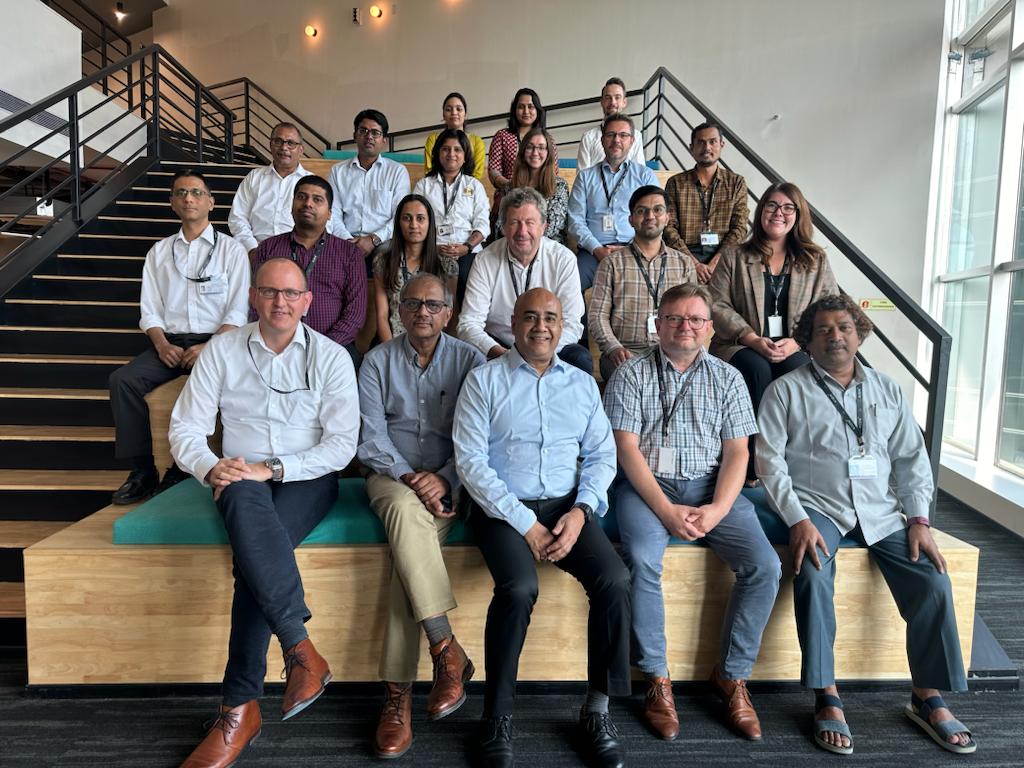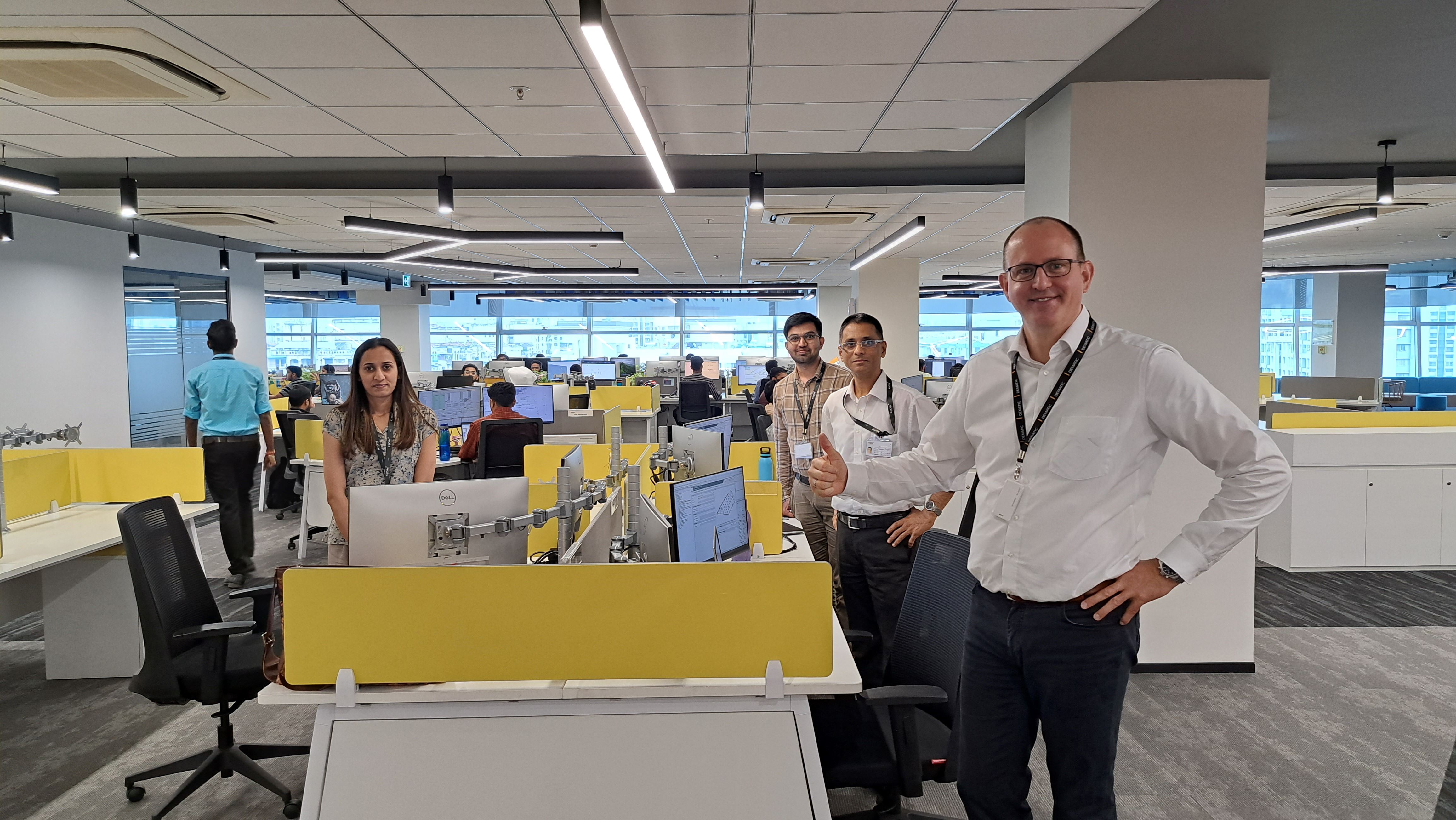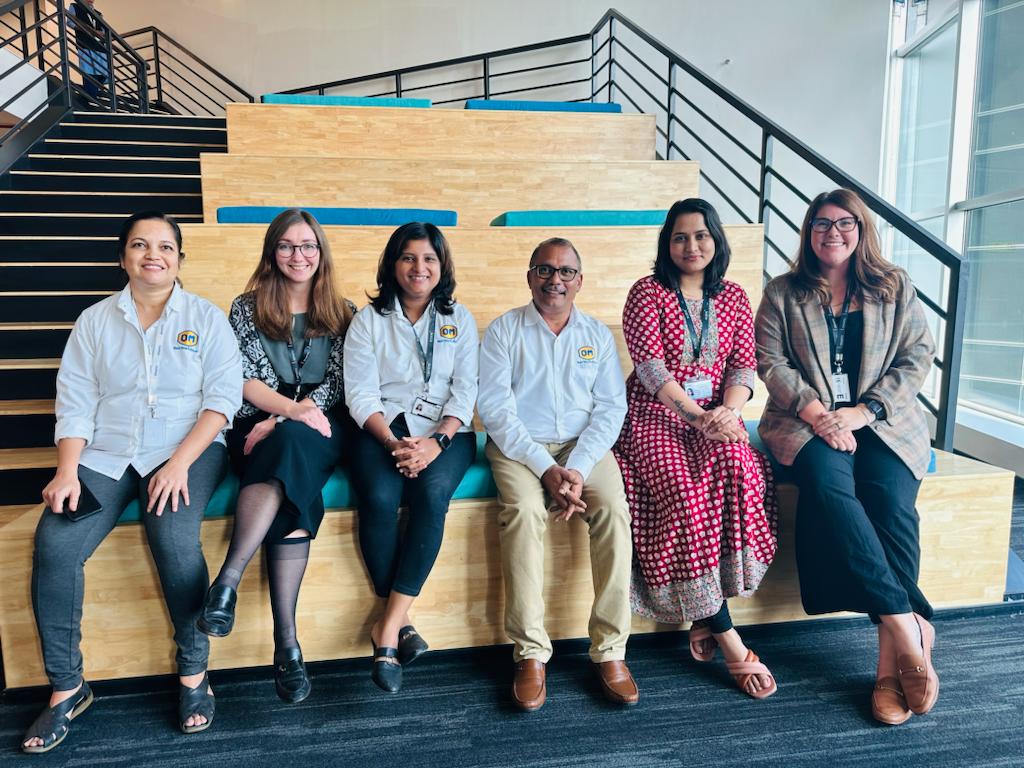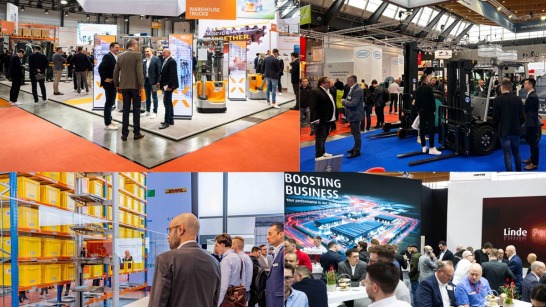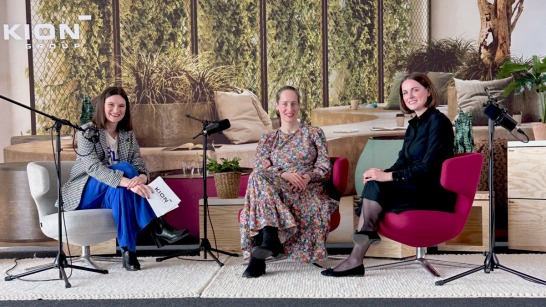The teams have Dirk Jungen, Global Service Lead in Aschaffenburg, to thank for the successful collaboration. He ensures that the Pune, Aschaffenburg and other global KION sites are closely integrated into the KION IT network, which enables regular and smooth communication between colleagues at both sites. Similar to the cooperation with the Chinese site in Xiamen, teams from the EMEA region are often long-term guests in Pune. "There is a constant dialog between Germany and India. Transparency is of crucial importance," explains Mandal: "In future, we will work even more closely together and join forces in product development and improvement."
Software from Pune, Hardware from Aschaffenburg
The potential for cooperation is considerable. Biswa Mandal uses an example to illustrate the type of work being carried out in Pune and how it interacts with the technology from Aschaffenburg. "Let's assume that software has to be developed for a new forklift truck interface in order to display various parameters to the driver," explains Mandal. While a German engineering team works on the new forklift truck, the team in Pune could take over the software development of the display unit. "We work together with our German colleagues on an equal footing," emphasizes Mandal.
Another example of international cooperation is the product strategy. While the main team is based in Aschaffenburg, a complementary team is currently being set up in Pune. They are working together to develop a global product strategy for the next ten years. For example, the teams are analyzing which forklift trucks the KION Group needs or will need for which countries and locations and when. Pune is particularly dedicated to market research, collecting and analyzing data and creating documentation based on this, which is then shared with colleagues in Germany. "The results of this work are then incorporated into the overarching strategy and the product portfolio," explains Mandal.
